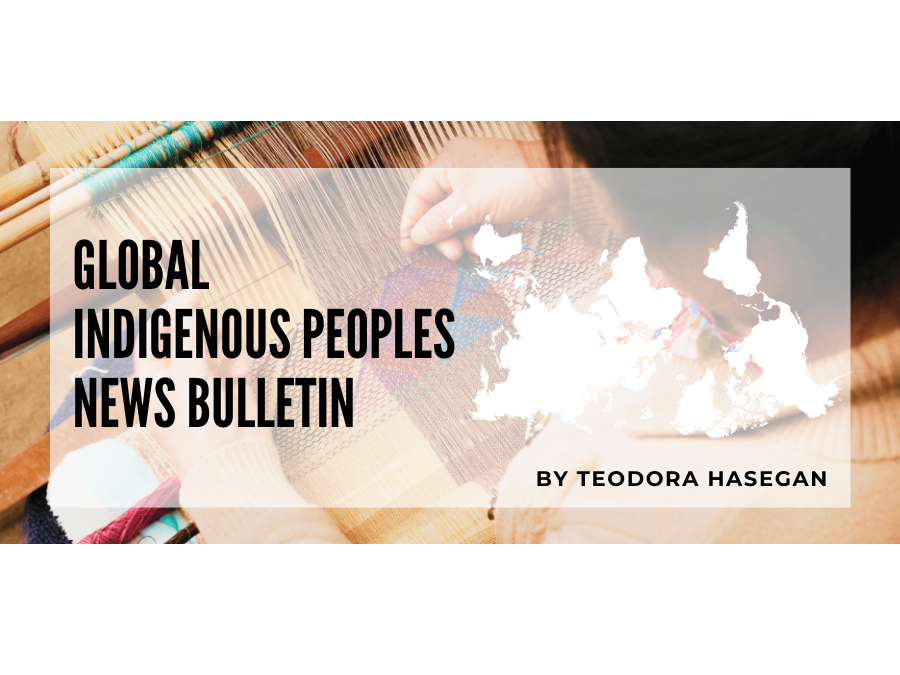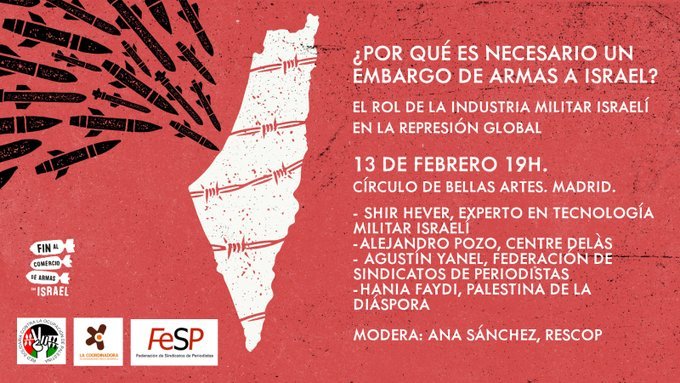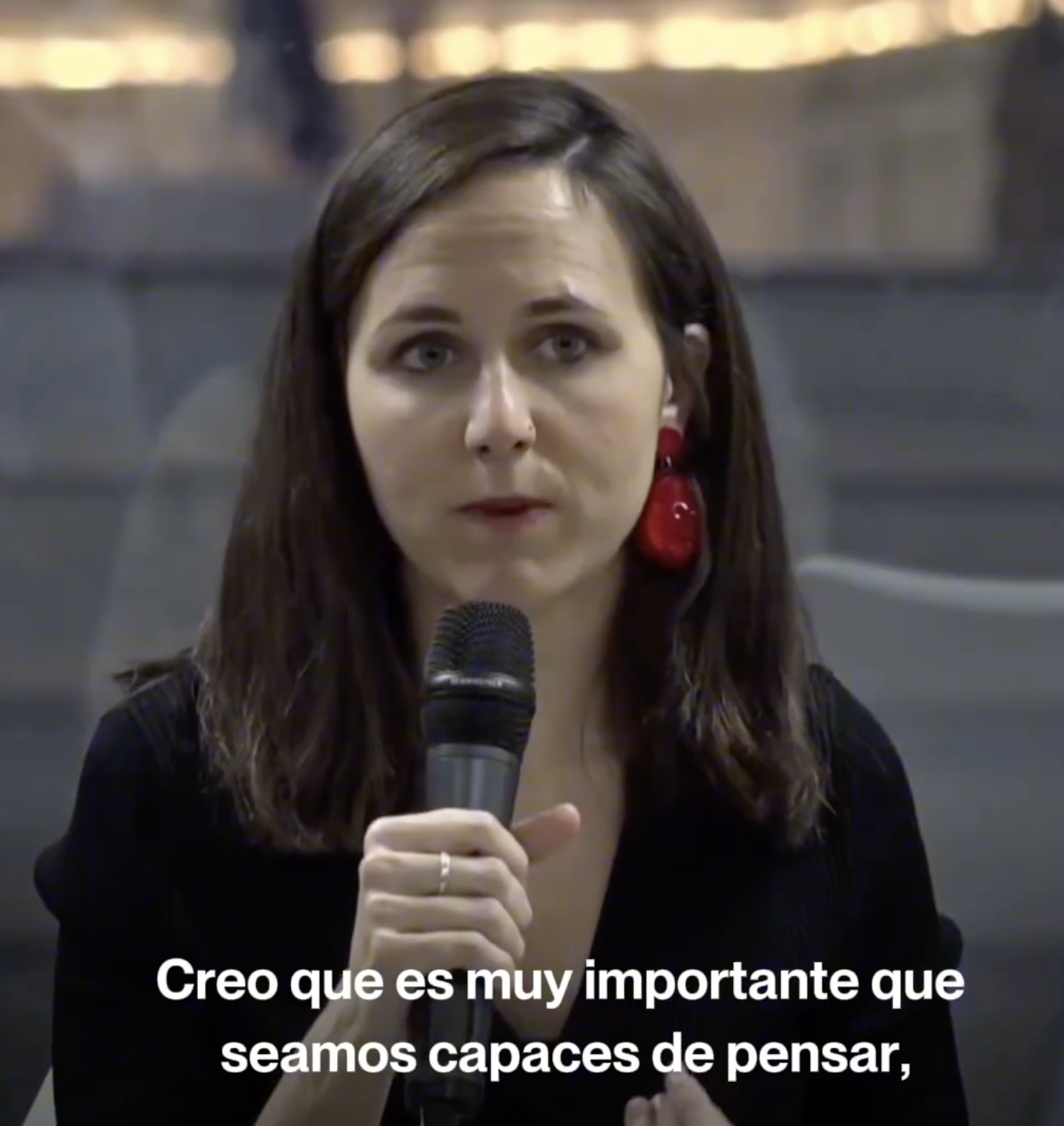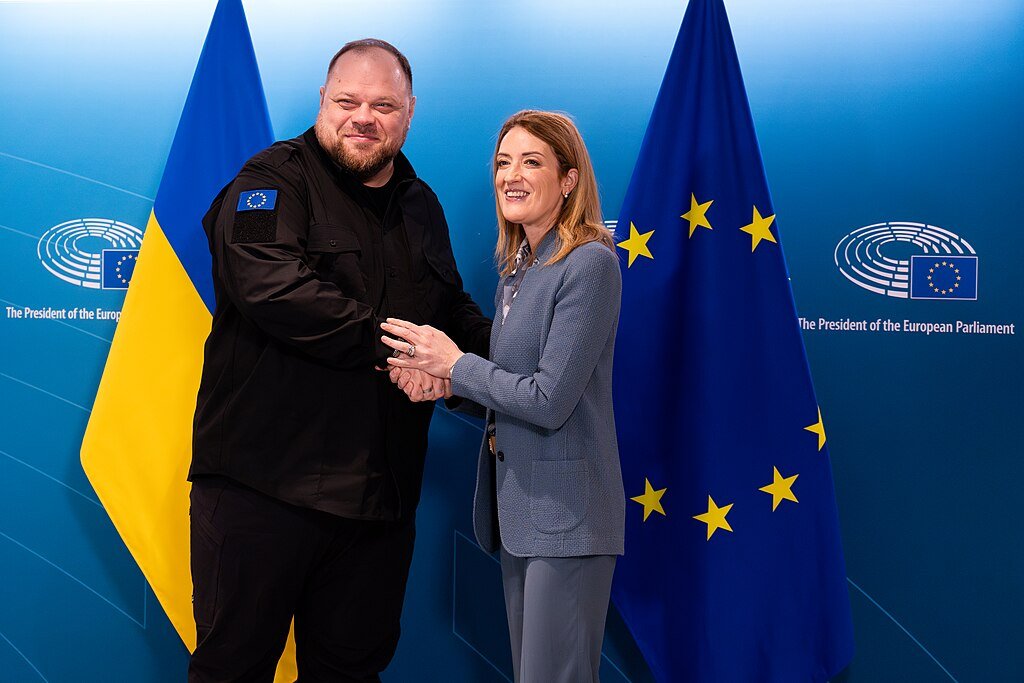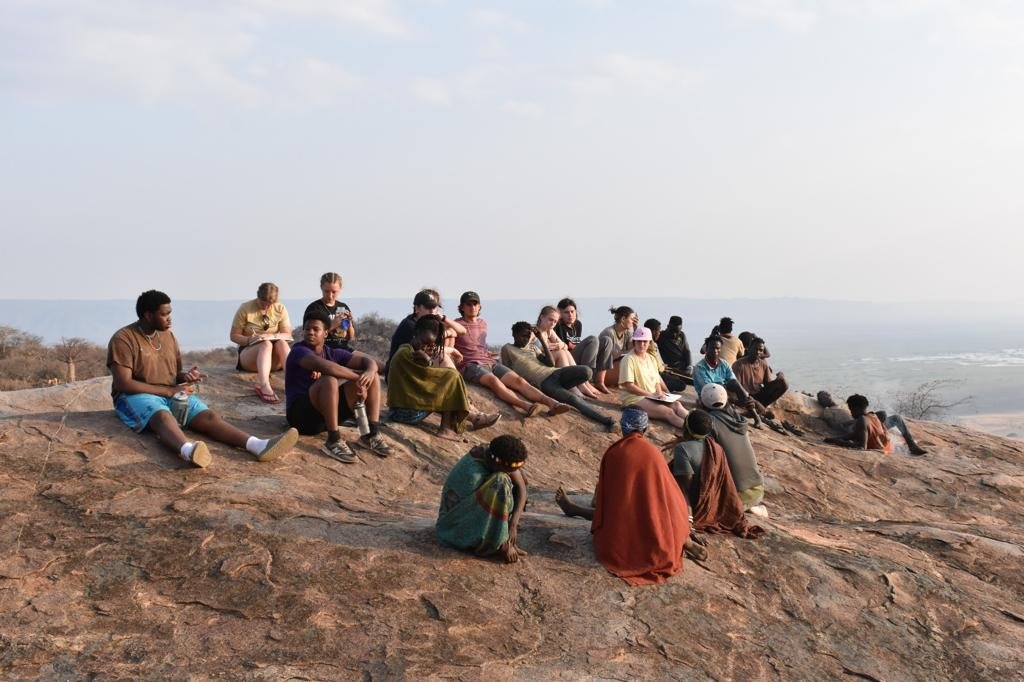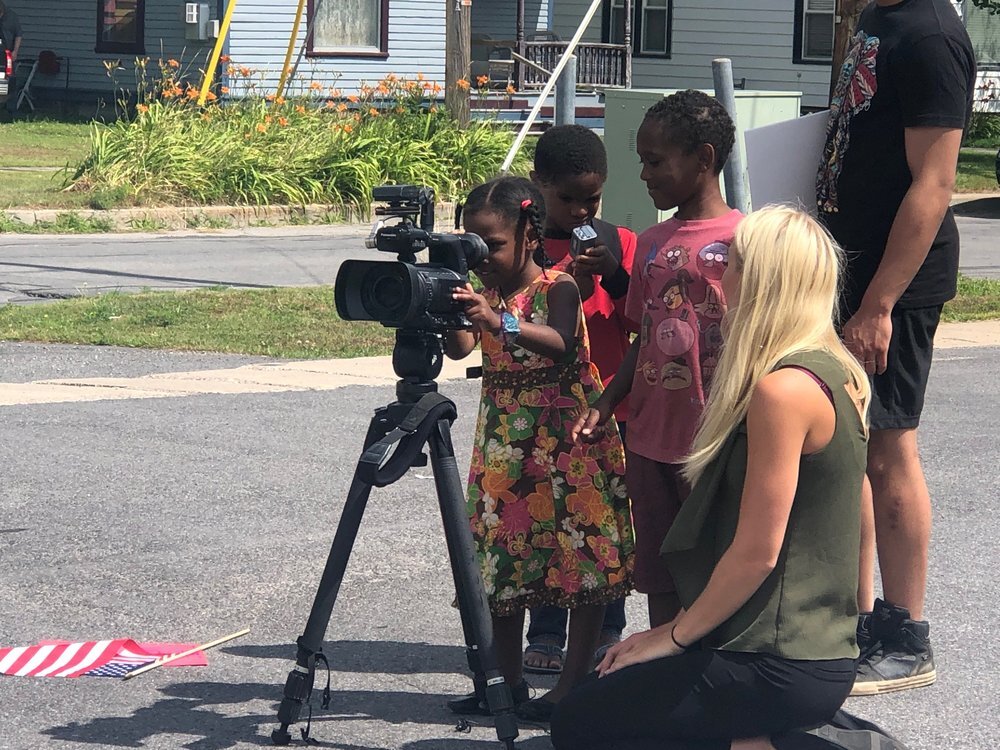
Stories
News

Analysis
Voices
Podcast
Announcements
Events

All Stories
Surviving PWIs for POC: Keeping Up Appearances
By Cordenne Brewster
"I still felt skepticism when someone told me there was no racism in Massachusetts, even after they had told me the white supremacists I had heard about '[weren’t] a big deal,'” Cordenne Brewster writes in the first entry of Surviving PWIs for POC, a new series from Weave News.
“They’ll Take the Sea From Us”: A Nautical Glimpse Into Palestine’s Colonial Confinement
By John Collins
“In the past, fishing was better, because we could go out 12 nautical miles and no one targeted us,” observes one of the young Gazan fisherman. “Now, it’s only six miles and there’s no fish there.” This basic fact - the literal shrinking of the space within which people in Gaza can engage in fishing without risking harassment and death at the hands of the Israeli military - lies at the core of “Six Miles Out,” a striking new video released on Facebook last week by the We Are Not Numbers project (whose work has been featured previously here on the Weave News site).
Attack on Academia, Part 5: Interview with Tommy Curry
By Sarita Farnelli
"We’re moving back into a period of time when being a Black academic or a racialized minority in the university is an extremely dangerous occupation. People are threatening our lives because of our research. People are threatening our jobs because of our research." --Dr. Tommy Curry
#WeaveNews10 Preview with Filmmaker Quester Hannah
By Nicole Eigbrett
Nicole Eigbrett, social media director for Weave News, chatted with filmmaker Quester Hannah about his experiences and what to expect from his presentations at the Weave News 10th Anniversary Conference.
The Pain of Waiting
By Karama Fadel
Despite the long coastline and the existence of seven crossings between its territory and Israel and Egypt, the Gaza Strip remains cocooned in a zone of isolation due to its neighbors’ punitive restrictions. Ships are not allowed by Israel to enter or leave, the lone airport was bombed in 2000, and no one may visit or exit by land without obtaining rarely given permission from the two countries’ military authorities...Thus, for Palestinians, trying to travel is arduous, slow and humiliating. But necessity knows no law, and we keep trying. Why? It’s about living with dignity and in peace. It’s about freedom. It’s about the health of our loved ones, uniting our families, studying for advanced degrees not available inside Gaza. There are multiple reasons why we insist on trying to travel, but the same ultimate goal.
'We Are Taught to Find Enemies': A Conversation with Peace & Justice Activist Jack Gilroy
By Chloe McElligott
Weave News correspondent Chloe McElligott speaks with Jack Gilroy, a Veterans for Peace member whose lifelong journey of social justice activism has taken him from military service to self-imposed exile in Australia to campaigns against militarism throughout the United States. Situating himself within the tradition of radical Catholic antiwar organizing, Jack finds hope in the "search for young people who are individuals with a sense of true justice, have a sense of morality, who are not on an ego-trip, who are not on a power trip, but are more concerned with reaching out with compassion and generosity to the world."
‘War is a Failure’: A Conversation with John Casserly
By Chloe McElligott
It boggles my mind to think that the United States spends so much money and energy on war, a venture that always ultimately leads to destruction and death. Though it is debatable whether war is underreported (obviously, some wars are underreported, depending on who is fighting and dying), I do think the issues of peace movements aren’t discussed enough by the news media. This led to my desire to start interviewing pro-peace/anti-war veterans and creating miniature profiles of them, starting specifically with members of Veterans for Peace. These are people who, at some point, probably saw military service as one of the highest performances of patriotism. Eventually, however, they became disillusioned with the U.S. as a military power, and for me this gives their criticisms of war even more credibility.
Attack on Academia, Part 4: Interview with Melissa Zimdars
By Sarita Farnelli
In November 2016, facing Donald Trump’s impending election, Zimdars created a document to help her students practice analyzing the credibility of various websites claiming to share news. After the list went viral, Zimdars was doxxed by alt-right activists, and quickly received a series of threats. At one point, campus security had to be posted outside her office door.
A Space to Practice Practicing Space
By Sheila Murray
In her latest report for our Weaving the Streets project, Sheila Murray takes us to Practice Space, an innovative Boston space that focuses on "rigorous self-care" in order to "weave through its locality to strengthen a community."
Attack on Academia, Part 3: Interview with Lisa Durden
By Sarita Farnelli
After appearing on Tucker Carlson Tonight to defend a Black Lives Matter event, Lisa Durden was met with a wave of online harassment and subsequently fired by Essex County College. However, Durden’s side of the story, revealing the lack of due process and communication from the college, indicates deeper problems faced by adjuncts, people of color and women that regularly contribute to similar incidents to her firing, which she described as a “public lynching.”
Interweaving: Jared Fesler and Chase Palmieri on 'Crowd-Contested Media'
By John Collins
In this installment of our Interweaving project, I speak with two of the founders of Tribeworthy, a new media startup based in northern California. I met Jared Fesler and Chase Palmieri at the 2016 Media Freedom Summit and subsequently integrated the beta version of the Tribeworthy platform into one of my undergraduate classes. They recently launched a new version of the platform.
Attack on Academia, Part 2: Interview with Dana Cloud
By Sarita Farnelli
This is the second installment of Attack on Academia, a series of interviews with academics who have endured sustained campaigns of threats and harassment from the alt-right. The first installment, an interview with Heidi Czerwiec, can be found here.
Attack on Academia, Part 1: Interview with Heidi Czerwiec
By Sarita Farnelli
This is the first installment of Attack on Academia, a series of interviews with academics who have endured sustained campaigns of threats and harassment from the alt-right.
Sinaloa, Mexico: Remembering Javier Valdez and Standing for Freedom of Expression
By Savannah Crowley
In her latest post for our Weaving the Streets project, Savannah Crowley reflects on her experience of traveling to Culiacan, Sinaloa (Mexico), to “learn from activists and community leaders on the ground who are building peace in the heart of the Drug War” in the aftermath of the assassination of renowned journalist Javier Valdez.
A Migrant's Story: The Real Human Face of the North Country Dairy Industry (II)
By Julianne DeGuardi
In the second installment of her three-part profile of migrant farm worker Juan Garcia, Weave News reporter Julianne DeGuardi details Juan’s story of moving among a number of different work opportunities in New York, Vermont, and Kentucky. Read Part I.
A Migrant’s Story: The Real Human Face of the North Country Dairy Industry (I)
By Julianne DeGuardi
As part of her continuing coverage of the issue of migrant farm workers in the North Country, Julianne DeGuardi begins a three-part profile of one worker whose journey has taken him from Chiapas, Mexico, to northern New York and Vermont.

